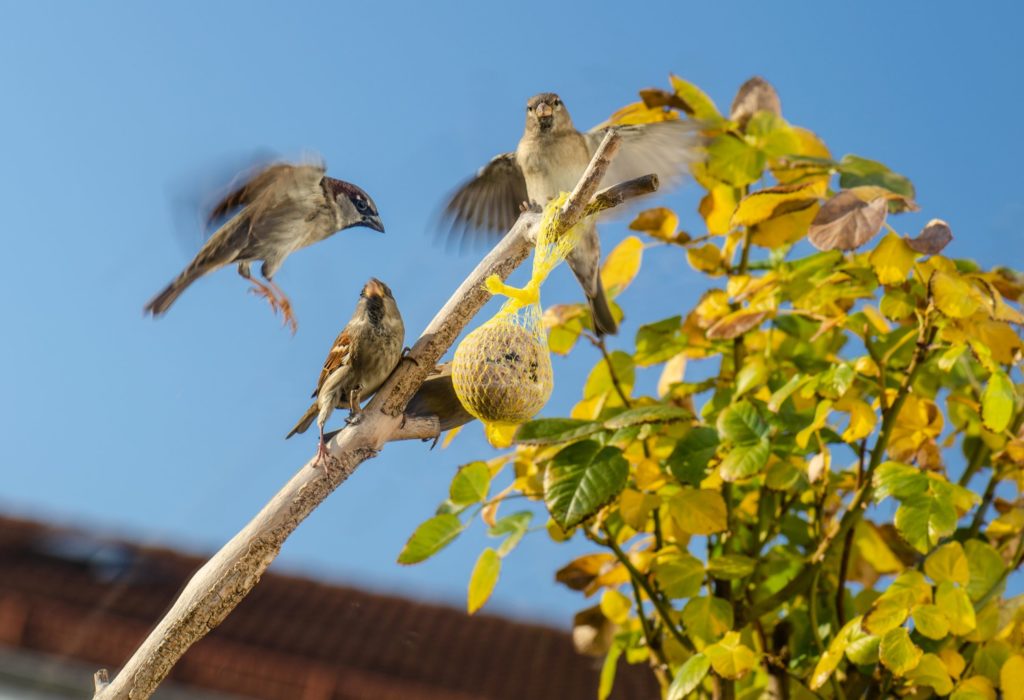As you might imagine, this is a question clients ask us often. A rule of thumb is the “4% rule”.
This means on a £100,000 pot you would withdraw £4,000 and increase the withdrawals each year with inflation. Taking any more runs the risk of the pot dwindling and running dry within 30 years.
We do not rely on rules of thumb and the ultimate answer depends on a variety of things.
What are the withdrawals for?
If you need the money to pay for discretionary spending, like holidays. You may be able to withdraw less next year than this year and still be comfortable. Being able to do this could increase the amount you can take.
This contrasts with needing to fund unavoidable spending such as council tax.
Do you want the withdrawals to increase every year?
Studies have shown spending in retirement increases by less than inflation. None of us is average and looking deeper reveals some valuable information.
Essential spending rises in line with inflation throughout retirement. Discretionary spending does not. The nature of discretionary spending also changes over time. Regular smaller items of spending are typically replaced by less frequent, larger ones.
How long do you want the income to last for?
If you expect your retirement to last 20 years you can increase the amount you withdraw. The same applies if it will be longer, but you do not care if you have any savings left after this.
If you retire early and are expecting a 40-year retirement, you should withdraw less.
How much risk will you take with the pot?
The ultimate determinant of how much you can get out of your pot is how much it grows each year. Someone with a pot which is growing by 7% pa can take more than one growing by 4% pa.
Many studies link returns over the long term to the level of short-term risk you take with the money. It is not a case of taking as much risk as possible as we have covered in earlier posts. You need to take as much risk as is suitable for you. This reduces the chance of the ups and downs of the markets reducing how long your income could last.





